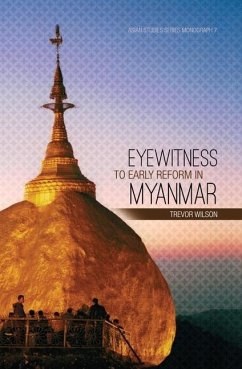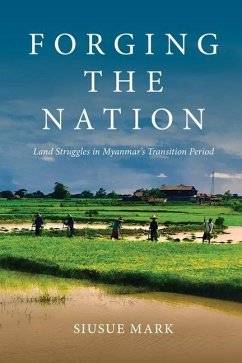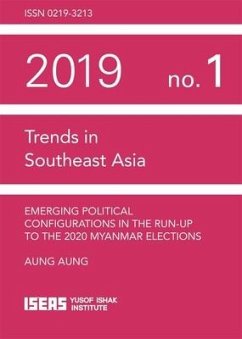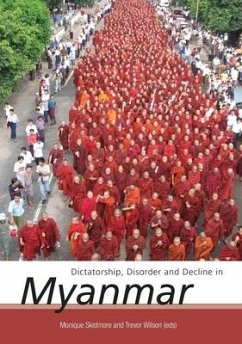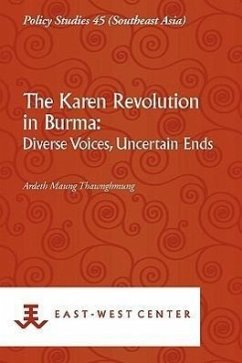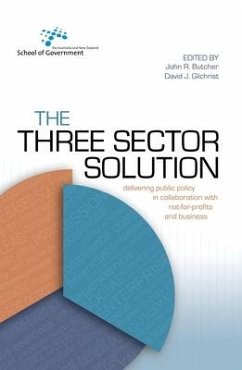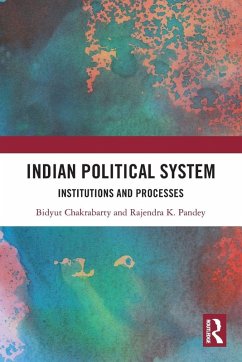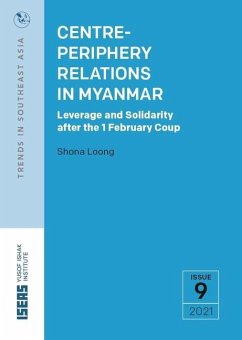Nicht lieferbar
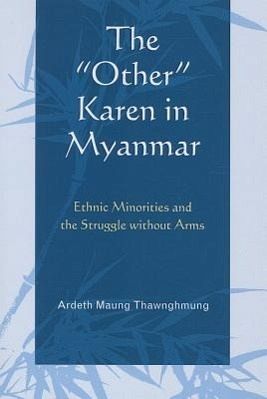
The Other Karen in Myanmar
Ethnic Minorities and the Struggle Without Arms
This book is the first study to an offer insight into non-armed, non-insurgent members of ethnic groups that are associated with well-known armed organizations. It analyzes the nature of the relationships between the "quiet" minorities and their "rebel" counterparts and assesses how these intra-ethnic differences and divisions affect the armed resistance movement, negotiation with state authorities, conflict resolution, and political reform. This field-based study of the Karen in Burma also provides theoretical and policy implications for other ethnically polarized countries.




